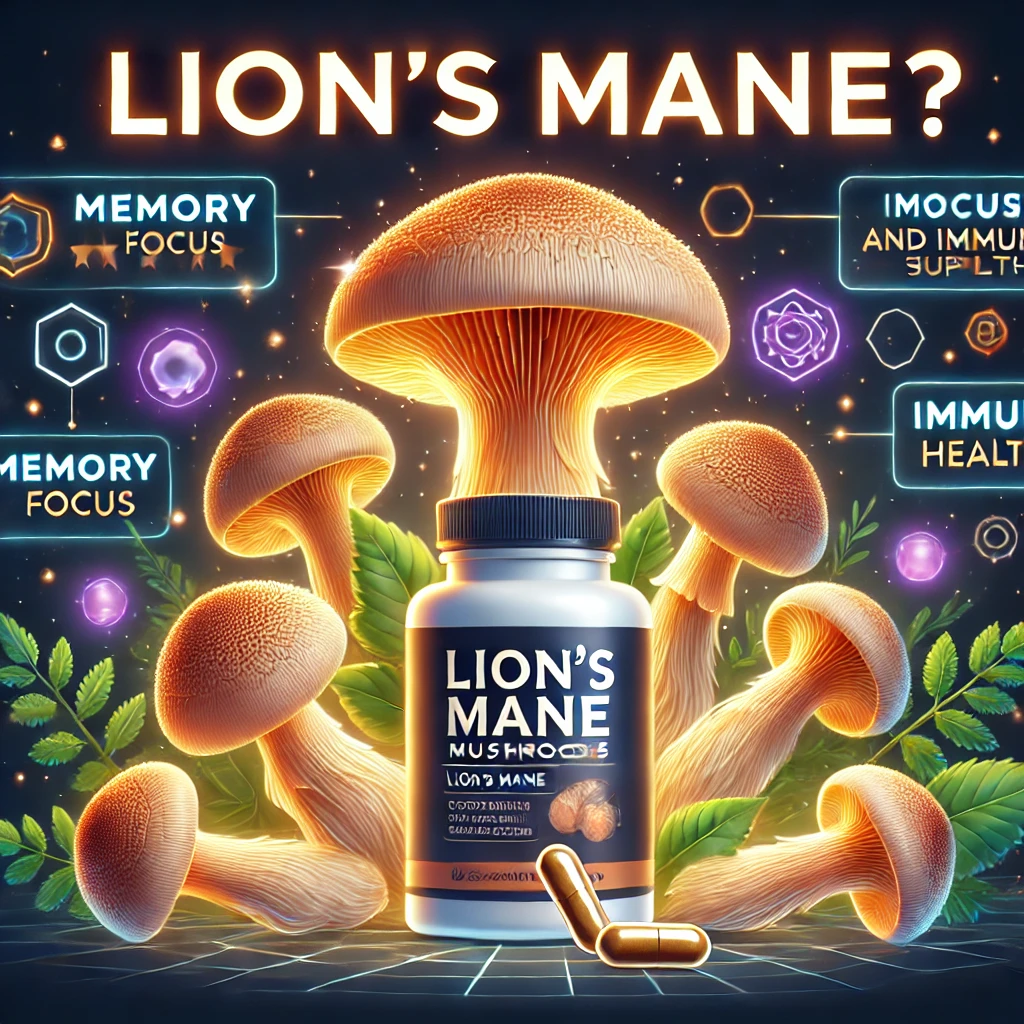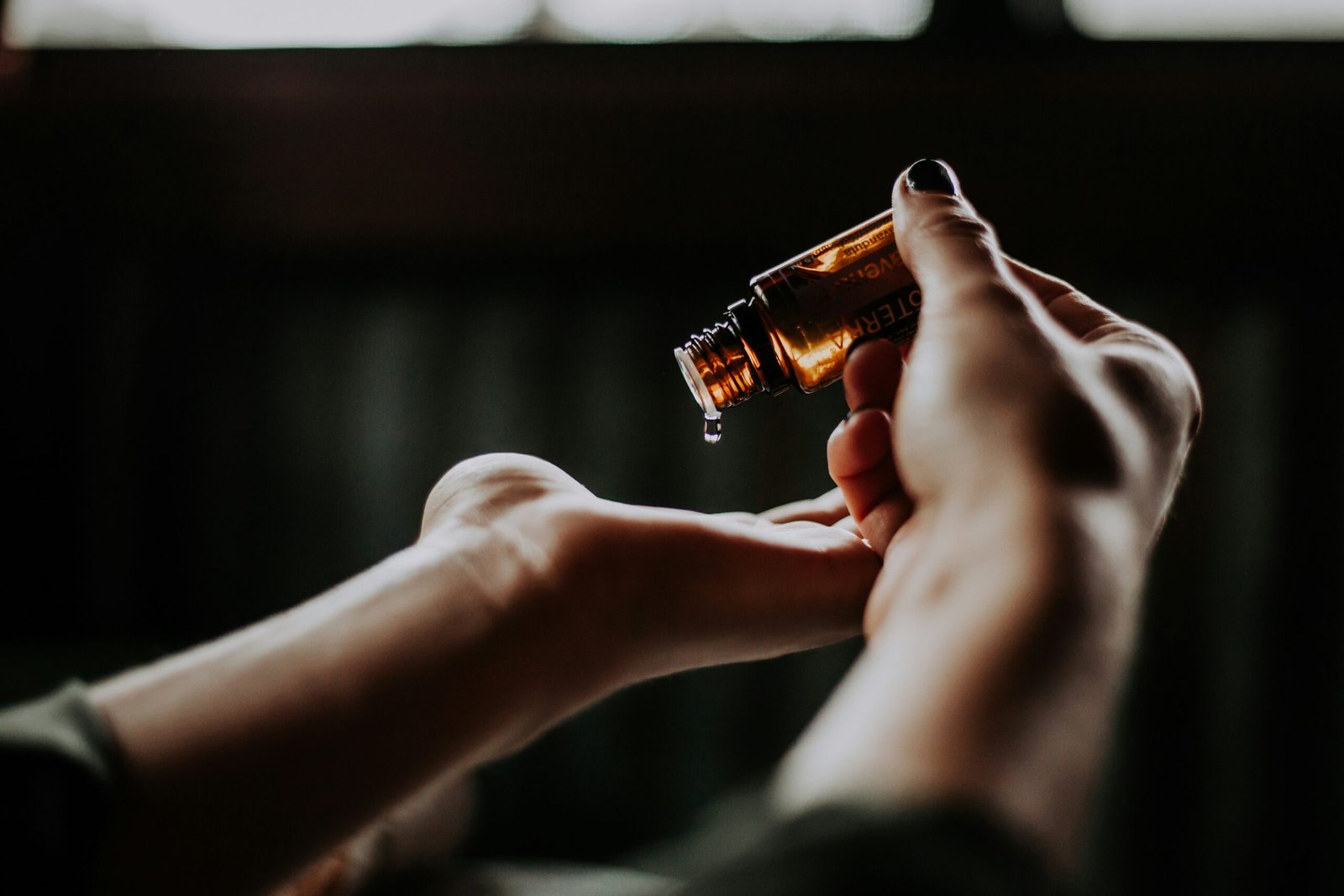My Honest Review of Lion’s Mane After 3 Weeks

Introduction to Lion’s Mane
Lion’s Mane, scientifically known as Hericium erinaceus, is a distinctive mushroom native to various parts of the world, particularly in Asia, Europe, and North America. This unique fungi is renowned for its shaggy appearance, reminiscent of a lion’s mane and is often found growing on hardwood trees. Historically, Lion’s Mane has been revered in traditional Chinese medicine for centuries, where it has been employed for its purported health benefits. In recent years, its popularity has surged in wellness circles, especially among those seeking cognitive enhancements and overall brain health.
The traditional uses of Lion’s Mane extend beyond culinary applications, where it is praised for its delicate taste and texture. It has been utilized in rituals aimed at improving mental clarity and resilience, highlighting its long-standing reputation as a natural remedy for various ailments. As the scientific community increasingly explores the benefits of functional mushrooms, Lion’s Mane stands out for its potential neuroprotective properties, which may promote brain health by stimulating the synthesis of nerve growth factor (NGF). This protein plays a crucial role in the growth, maintenance, and survival of neurons, making it integral to cognitive function.
In addition to memory enhancement and cognitive support, Lion’s Mane is also being investigated for its antioxidant properties, which could bolster immune function and reduce inflammation. As a supplement, it has gained traction among those aiming to improve focus, manage stress levels, and enhance overall mental clarity. The growing body of research surrounding Lion’s Mane and its benefits has positioned it as an essential element within the realm of cognitive health supplements, appealing to individuals seeking natural means of support for their mental well-being.
My Experience and Dosage
Over the last three weeks, I embarked on an intriguing journey with Lion’s Mane, a supplement that has gained popularity for its potential cognitive benefits. I chose to try the brand “Host Defense,” which is renowned for its commitment to quality and effective formulations. After researching various options, I settled on a dosage of 1000 mg taken daily. This amount seemed reasonable to me, especially considering that many users reported positive effects at similar levels.
To integrate Lion’s Mane into my daily routine, I decided to take the supplement in the morning with my breakfast. This timing allowed me to start my day on a positive note, potentially enhancing my focus and mental clarity for the hours ahead. Prior to beginning my trial, I held preliminary thoughts about how Lion’s Mane could support my cognitive function, primarily due to its reputation as a neuroprotective agent. I anticipated feeling more alert and having improved concentration during my work tasks.
Initially, I noted a few subtle effects. During the first week, I experienced an uptick in my general mood and a slight decrease in my feelings of mental fatigue. I approached the first few days with cautious optimism, observing any notable changes in my cognitive abilities and emotional state. My expectations were not excessively lofty, as I wanted to remain grounded and realistic about the potential of this herb. The second week brought a hint of enhanced focus, especially during tasks that required sustained attention. The experience was encouraging, reinforcing my decision to incorporate Lion’s Mane into my lifestyle.
Effects and Observations
Over the course of three weeks, my experience with Lion’s Mane mushroom supplement has been enlightening, revealing a range of effects on cognitive function, mood, and energy levels. Initially, I was skeptical about the purported benefits of this nootropic, yet as time progressed, I noted marked changes in several areas.
One of the most immediate differences I observed was an enhanced clarity in my thinking. Tasks that previously felt mentally taxing became more manageable. This increase in cognitive function was not just anecdotal; I found myself able to focus longer without the usual mid-afternoon slump that typically disrupted my productivity. The mental fog that sometimes accompanied my daily activities significantly lessened, suggesting that Lion’s Mane may indeed support cognitive health.
Mood fluctuations, often influenced by stress and daily responsibilities, appeared to stabilize throughout my trial. I noted feelings of well-being and an uptick in my overall mood. This positive emotional state could possibly be attributed to Lion’s Mane’s potential neuroprotective and neurogenerative properties, which might help promote a balanced mental outlook. However, it is important to recognize that individual responses to supplements can vary, and while I experienced an uplift in my mood, others may have different reactions.
Energy levels were another aspect of my observations that warranted attention. Initially, I anticipated a jolt of energy similar to that of caffeine; however, I found Lion’s Mane provided a more subtle, sustained energy boost. This resulted in consistent productivity throughout my day, as opposed to the peaks and valleys often associated with stimulant-based energy sources. Yet, during this three-week period, I also faced moments of fatigue, suggesting that while the supplement can enhance energy, it is not an unequivocal substitute for restorative rest.
Final Thoughts and Recommendations
After three weeks of consistent use of Lion’s Mane, I have gathered sufficient insights to provide a comprehensive overview of my experience. Initially sought after for its potential cognitive benefits, Lion’s Mane has genuinely made a notable impact on my overall mental clarity and focus. Throughout this period, I observed an increase in my concentration levels, which facilitated better productivity, particularly during tasks that require sustained attention.
However, as with any supplement, it is essential to recognize that individual responses may vary. While my experience has been largely positive, those considering adding Lion’s Mane to their regimen should approach it with realistic expectations. Some individuals might not experience the same effects, and variations in product quality can also play a crucial role in efficacy. It is important to choose high-quality products from reputable sources to ensure safety and potency. I recommend looking for standardized extracts to maximize the potential benefits from this mushroom.
As for dosage, I found that adhering to the recommended serving size on the product label served me well. It is prudent to start with a lower dosage to gauge tolerance before gradually adjusting higher if necessary. Additionally, consulting with a healthcare professional prior to beginning any new supplement can provide personalized guidance and enhance safety.
In summary, I would recommend Lion’s Mane to others, particularly those seeking enhanced cognitive function and improved mental performance. Its natural properties make it an appealing option for mindfulness and clarity in daily life. However, potential users should be diligent in choosing their product carefully and remain aware of their unique bodily responses as they embark on this supplement journey. I plan to continue incorporating Lion’s Mane into my routine, given the positive effects I have experienced thus far.






